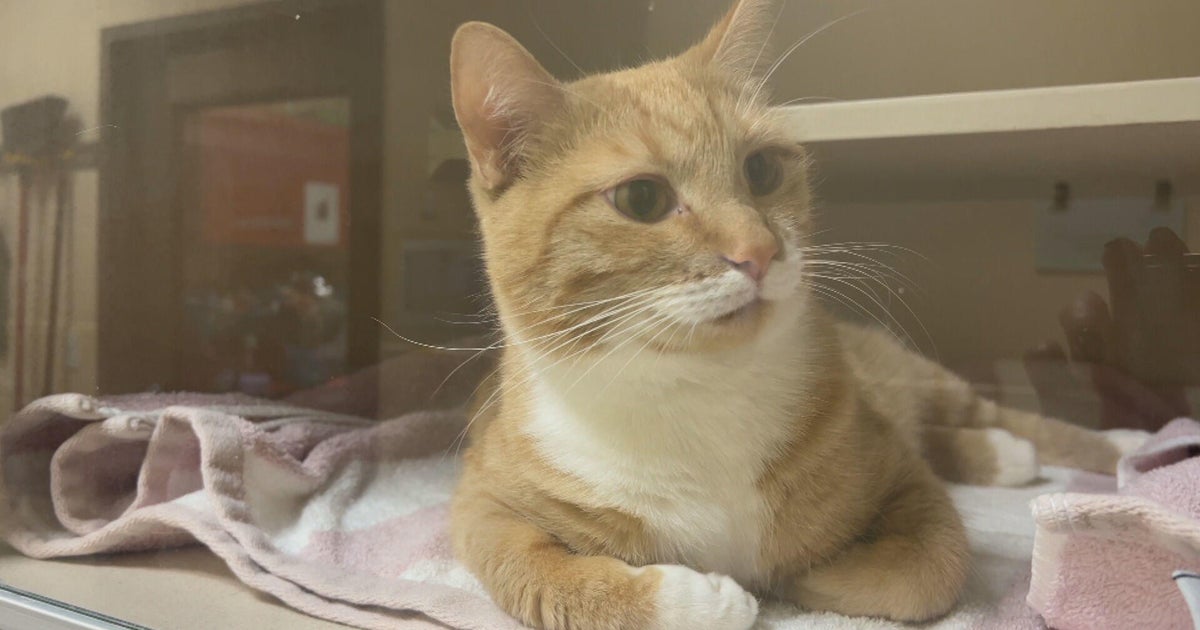E. Coli Outbreak Linked To Miracle Of Birth Center At Minnesota State Fair
MINNEAPOLIS (WCCO) – Minnesota Department of Health investigators say at least 11 fairgoers were sickened recently from a serious E. coli bacteria.
The ill range in age from as young as two years old to 43. Six of them required hospitalization and one remains in the hospital with a serious kidney complication called Hemolytic Uremic Syndrome.
"In that syndrome, your kidneys are affected and the blood is affected – it can be fatal," said Joni Scheftel, a state public health veterinarian.
Scheftel confirmed the E. coli O157 strain has been traced to the Miracle of Birth exhibit at the fairgrounds. She said most if not all of the ill fairgoers had some contact with calves, goats, sheep and pigs. It is also possible to contract the bacteria by touching a contaminated surface, such as pens or railings.
"It doesn't make animals sick and it's not a pathogen. It doesn't cause disease in animals. You can't tell they're carrying it, but it's a serious germ in people," Scheftel said.
She said the animals on display appeared perfectly healthy and would exhibit no signs of carrying the bacteria. It can be in the animal's saliva, feces and even on their coat of hair.
The exhibit's baby animals are a popular fair attraction, especially with families and young kids. With the threat from the fair over, the illness can still be spread between people.
"Once it's picked up from any source, it can spread from person to person, especially in little kids, particularly diaper kids," Scheftel said.
Minnesota State Fair officials declined any interviews. Instead, they issued a written statement. It says in part the fair provides, "handwashing stations as well as educational signage and will explore if any changes or additions should be made for the 2020 Minnesota State Fair."
Health investigators still hope to pinpoint the exact source of the bacteria.
In the meantime, they suggest fairgoers with symptoms of stomach cramps, diarrhea or bloody stool go see a doctor. That's important because this illness should not be treated with antibiotics. In fact, that will often result in the patient becoming more susceptible to an HUS complication.







